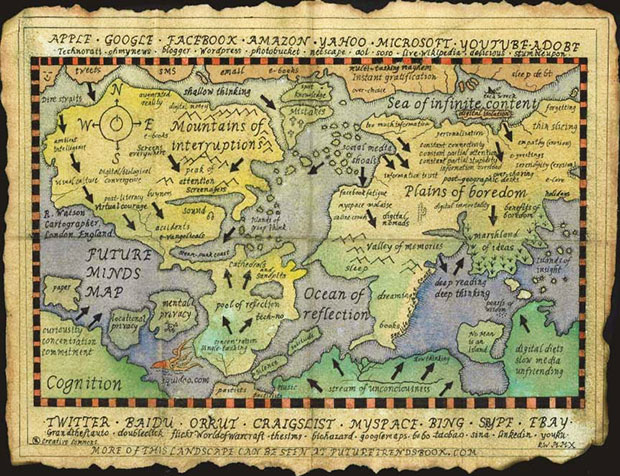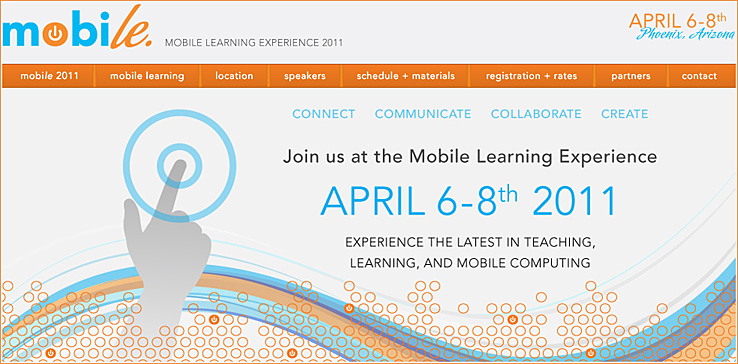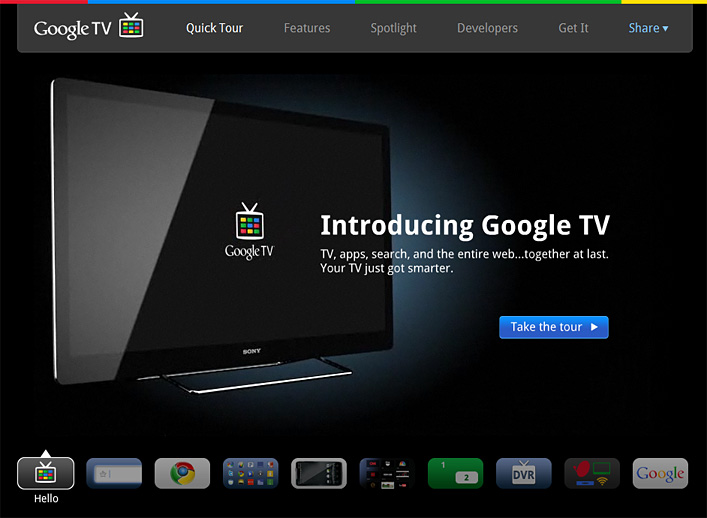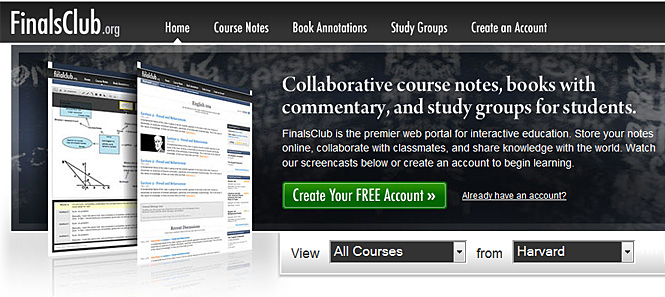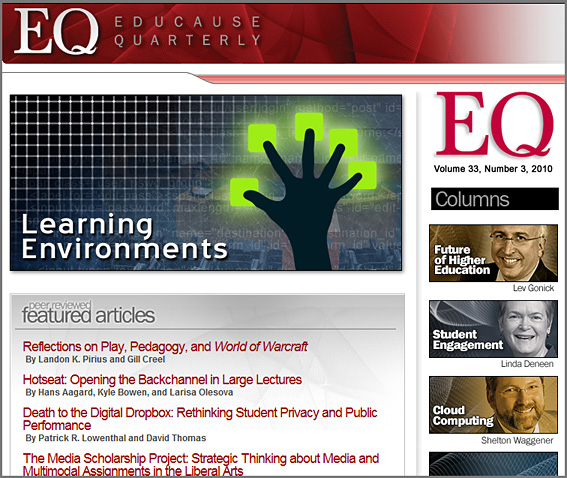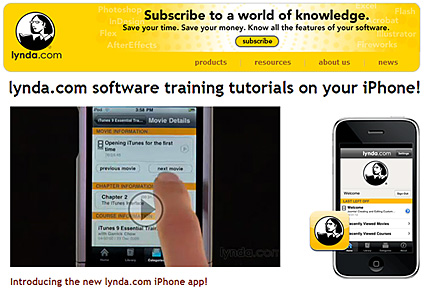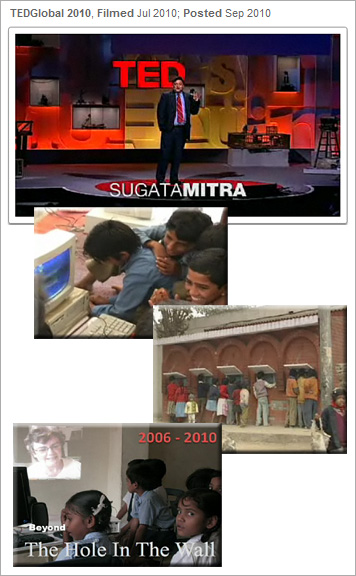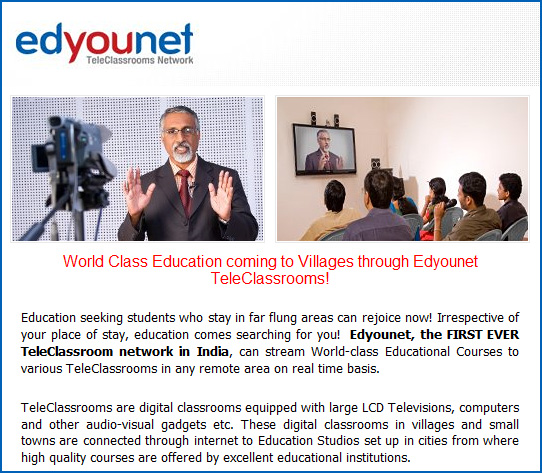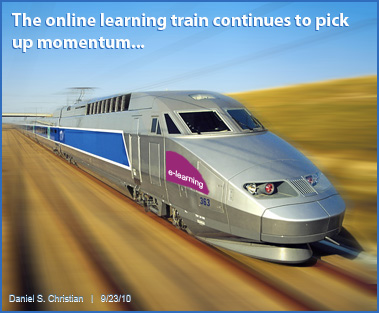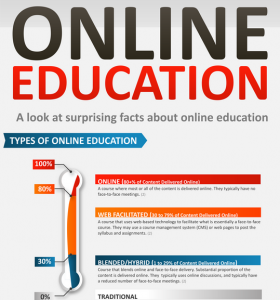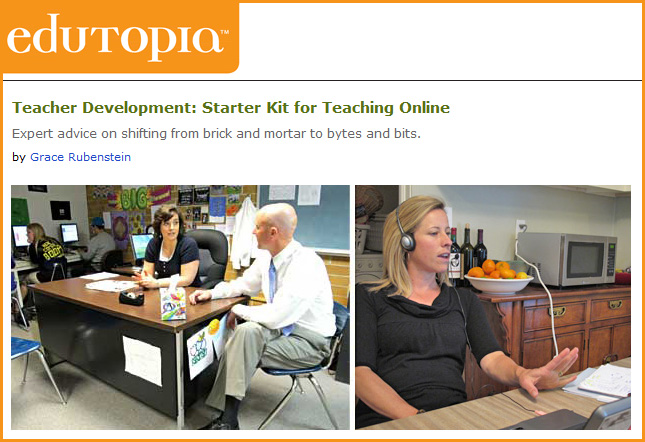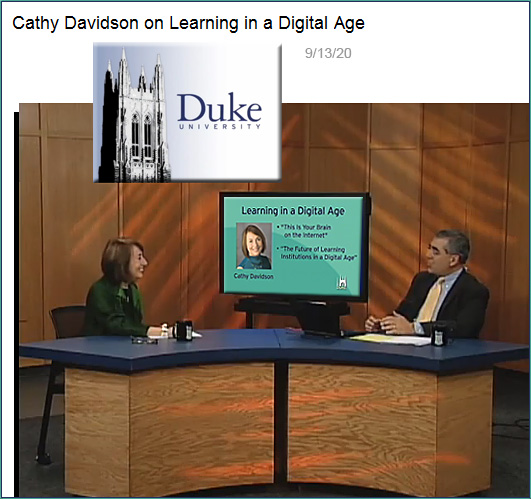Kno breaks new ground with the world’s first single screen tablet textbook
Kno continues the pace of innovation in integrated learning with a smaller version of the Kno
TechCrunch Disrupt Conference — San Francisco, CA – September 27, 2010 –Kno, Inc., the groundbreaking tablet textbook and dynamic learning platform, today announced its further commitment to the education market with a single screen version of its tablet textbook. The single screen version extends the breakthroughs and functionality of the dual screen version announced in June.
“Kno fundamentally improves the way students learn,” said Osman Rashid, the CEO and Co-Founder of Kno, Inc. “We are driven to innovate in a category that has been static for too long. Even though the Kno pays for itself in 13 months, the smaller up front investment of the single screen version will allow more students to use our learning platform.”
Kno, short for knowledge, is a transformative learning platform that blends a touch-screen tablet, digital textbooks, course materials, note-taking, web access, educational applications, digital media, sharing and more into a powerful and engaging educational experience that is not available on any other tablet or eReader today.
“From day one, we designed the Kno with flexibility in mind,” said Babur Habib, CTO and Co-Founder of Kno, Inc. “We developed the product to have multiple configurations and meet different student needs. The single screen maintains the elegance of our fluid, intuitive interface while capturing the richness and ‘page fidelity’ of the original textbook.”
The company plans to ship both the single and two-screen tablet textbooks to consumers by the end of 2010. Pricing and pre-order announcements will be made in the coming months.
Also see:









